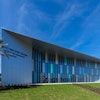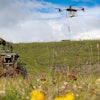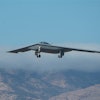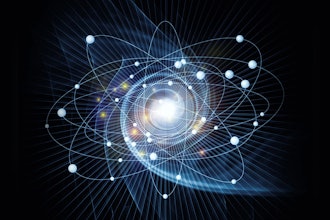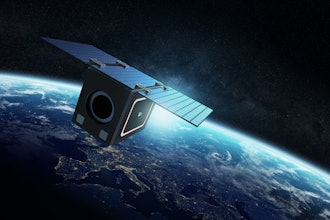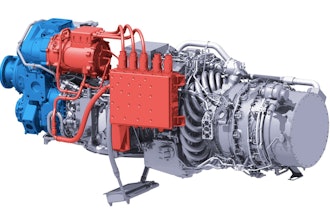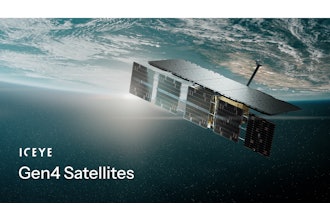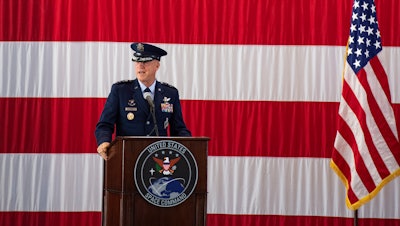
COLORADO SPRINGS, Colo. (AP) — The U.S. has reached a new "Sputnik moment" in which the military must act to keep the nation's competitive advantage in space against adversaries such as Russia, China, and to a lesser extent, Iran and North Korea, the chairman of the Joint Chiefs of Staff said Monday.
Gen. Joseph Dunford made his comments during a ceremony at Peterson Air Force Base recognizing the re-launch of U.S. Space Command.
He compared President Donald Trump's re-boot of the U.S. Space Command to President John Kennedy's call to action after the Soviet Union started the space race with Sputnik, the first space satellite launched in 1957, and with 1961's first manned trip into space.
"In my view, it's not an overstatement to say that we're at another Sputnik moment," Dunford said. "And you could argue that the stakes are much higher than they were in the late 1950s and early 1960s."
The Pentagon had a U.S. Space Command from 1985 to 2002, but it was disbanded in the aftermath of the Sept. 11 terror attacks to focus on homeland defense. Trump said in December he would re-establish the Space Command with the goal of improving the organization space operations across the U.S. military and to speed up technical developments.
Space Command is not Space Force, a separate military service that Trump wants but which Congress must approve. In a White House ceremony last week, the president said Space Command represents a recognition of the central role of space in security and defense.
Russia and China are placing greater emphasis on their space capabilities, and have developed technology and weapons that could disrupt or destroy satellites, Dunford said.
Iran and North Korea have less developed capabilities, they still pose a threat, he added.
Space Command has become necessary to not only compete, but will be essential to the nation's ability to fight wars, he said.
"I learned early in my career the value of seizing the high ground in a fight," Dunford said. "Space command will seize and hold the high ground."
Space Command's new commander, Gen. John "Jay" Raymond, said he wants to deter war in space by focusing on building forces that would win a cosmic battle and keep U.S. "space superiority."
"We will develop ready and lethal space forces," Raymond said. "We will take our existing space warfighting culture established by the original United States Space Command, honed in the Cold War and hardened in the many conflicts since, and adapt it to today's strategic environment."
The initial Space Command headquarters is Peterson Air Force Base in Colorado Springs, which is also home to other units with space operations, including missile defense warning systems.

